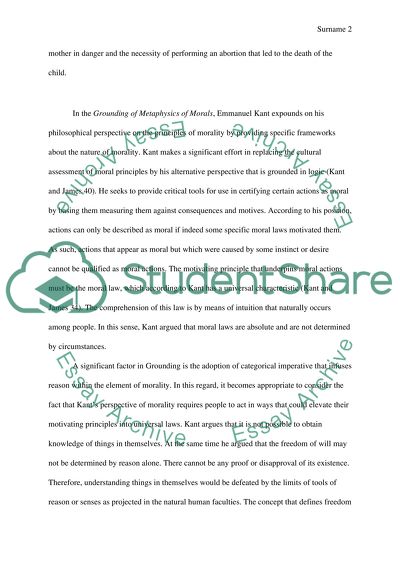Cite this document
(“Kant essay Example | Topics and Well Written Essays - 1000 words”, n.d.)
Retrieved from https://studentshare.org/philosophy/1471512-kant-essay
Retrieved from https://studentshare.org/philosophy/1471512-kant-essay
(Kant Essay Example | Topics and Well Written Essays - 1000 Words)
https://studentshare.org/philosophy/1471512-kant-essay.
https://studentshare.org/philosophy/1471512-kant-essay.
“Kant Essay Example | Topics and Well Written Essays - 1000 Words”, n.d. https://studentshare.org/philosophy/1471512-kant-essay.


